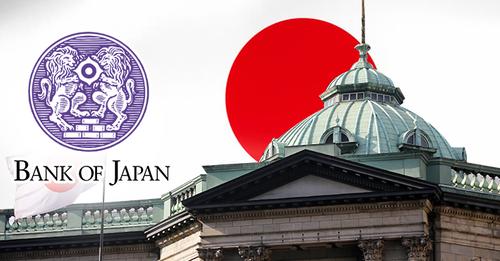Japan’s central bank raised interest rates for the first time in 17 years, ending its long-standing policy of negative rates.
The decision came after the annual shunto wage negotiations in March last year produced big raises for workers in more than three decades and inflation exceeded the Bank of Japan’s 2% target for the past 22 months.
Big wage increases could kickstart a virtuous cycle for the Japanese economy where rising wages boost demand and in turn push prices higher.
After the burst of the real estate and stock market bubbles in the late 1980s, the country went from being the economic powerhouse to facing a long period of economic stagnation and falling prices or low inflation, known as the “lost decades.”
To counter those challenges, the central turned to negative interest rates in 2016 to discourage banks from hoarding excess reserves and encourage lending and investment, thereby stimulating economic activity.
Our Chief Investment Officer says, “If the BOJ decides to hike interest rates further in its upcoming meetings, yields on long-term Japanese bonds will climb, given that it has finally abandoned yield-curve control. He adds, “Higher yields, especially if they increase to levels of US treasury yields, may encourage local investors to bring back their money from overseas to Japan. The yen might appreciate, as a result.”
“The prospect of Japanese capital returning home from global markets should worry American and European firms and governments addicted to strong demand from Japanese investors for their bonds.”


Comments are closed.